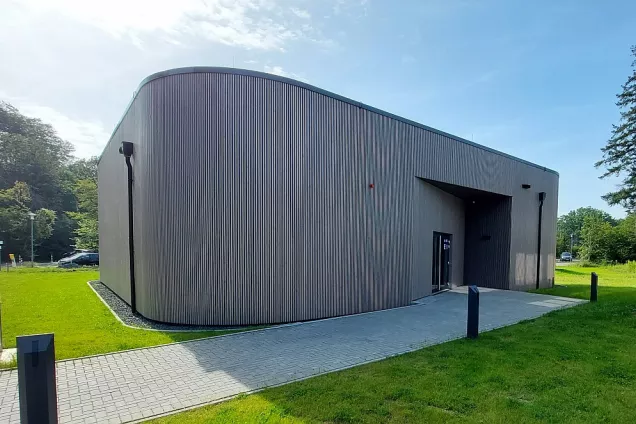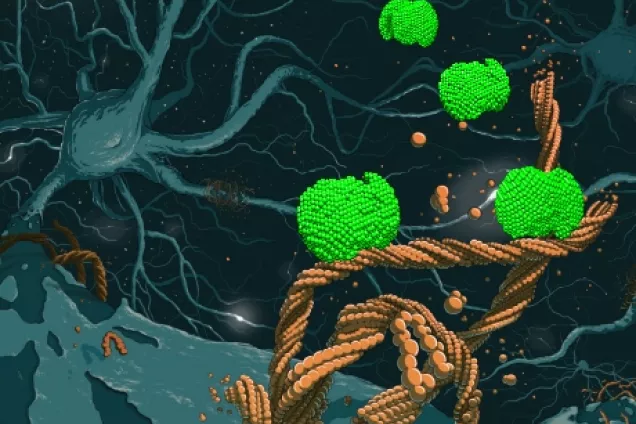Computational Science for Health and Environment
The Computational Science for Health and Environment (COSHE) theme gathers interdisciplinary research based on developing and using computational methods with applications that address scientific problems in areas related to health and environment.
Progress in science is increasingly dependent on computational methods. Modern measurement techniques generate large amounts of data that require sophisticated processing and analysis. Machine learning and statistical learning methods are areas where enormous progress has been made in the last decade, especially in the fields of deep learning and Bayesian modelling. With these promising advances comes a need to develop effective numerical methods for their use. At the same time, systems modelling with roots in physics is expanding towards the fields of medicine, biology and climate.
Research in Computational Science at CEC combines methodological developments and a wide range of applications addressing research questions in different fields. Our research is conducted in several different directions, mainly in collaboration with researchers in various disciplines in Science and Medicine at Lund University and elsewhere. Computational methods include systems modelling, machine learning, statistical learning, numerical methods for faster optimisation, solutions for handling large data and new ways to perform computations. Read more about specific research directions under the different research groups. The COSHE page in the Research Portal has further information about our projects and publications.
The COSHE theme was formed at CEC in 2023 by the members of Computational Biology and Biological Physics (CBBP, formerly at Astronomy and Theoretical Physics) and the Uncertainty and Evidence Lab. For articles about the establishment of COSHE, see the Lund University staff pages and the CEC news pages.
Courses and degree projects
Several courses related to this research theme are taught at CEC, and some CEC teaching staff are involved in related computational courses at other departments. A range of degree projects are available for both bachelor and master students. See links in separate box.
Contact
Anders Irbäck
Assistant director, CEC
E-mail: anders [dot] irback [at] cec [dot] lu [dot] se (anders[dot]irback[at]cec[dot]lu[dot]se)
Phone: +46 46 222 34 93
Courses and projects
Our courses:
- Introduction to Artificial Neural Networks and Deep Learning, BERN04
- Theoretical Biophysics, BERN08
- Systems Biology – Models and Computations, BERN06
- Bachelor and master thesis projects (on Canvas)
Related courses with our teachers (on lu.se):
Related research environments

AI Lund
Network to understand, explain and improve education, research and collaboration around AI.

CIPA
User support in image processing and image analysis.

Air Lund
The use of artificial intelligence in register-based research.

Jülich Supercomputing Centre (JSC)
Research center with high performance computer systems and quantum computers.

NanoLund
Lund University's center for research, education and innovation in nanoscience.

Lund University Photoacoustic Center
Interdisciplinary centre for photoacoustic imaging and other imaging techniques.
